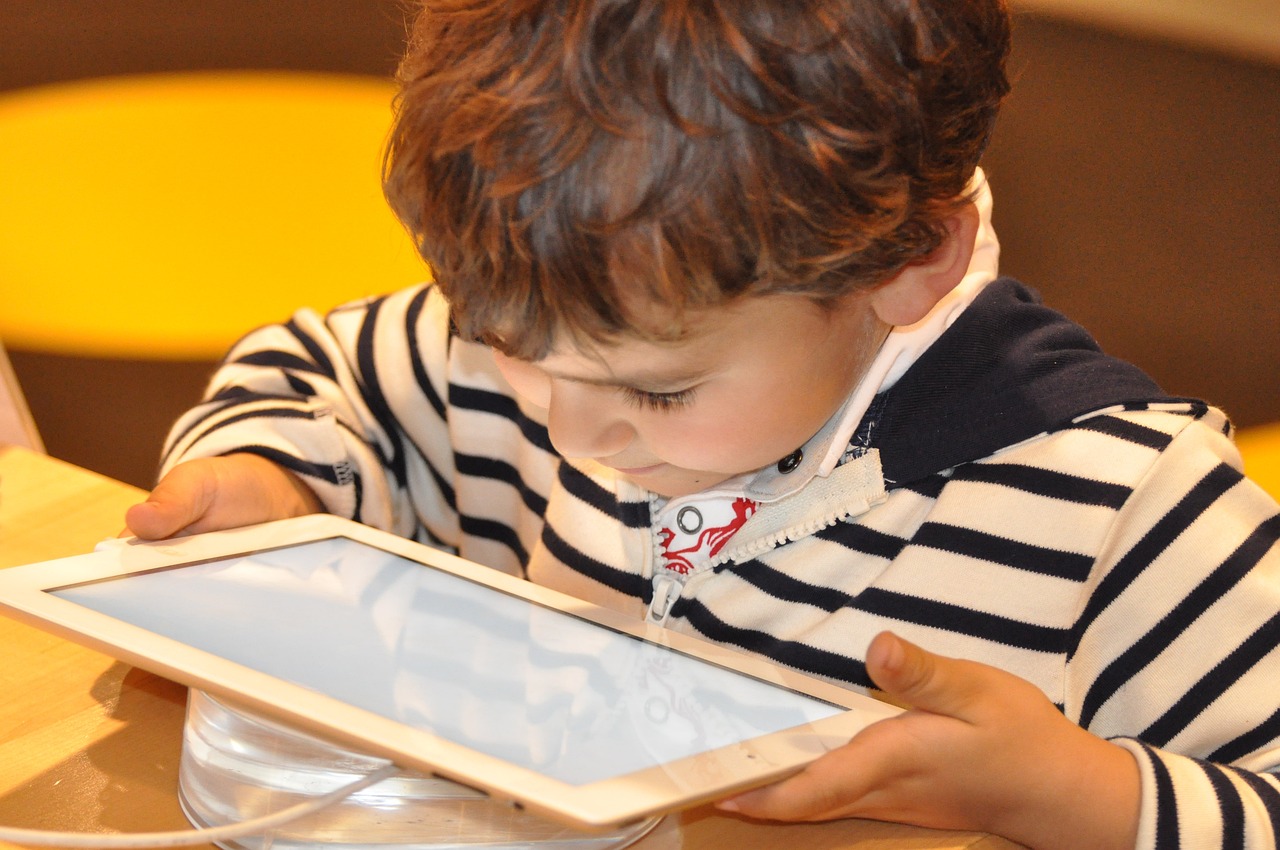The least probable word: lifestyle
In the age of technology, where smartphones and tablets are ubiquitous, it has become increasingly challenging for parents to monitor their child's screen time. Parental lock acts as an ally to these concerned parents by providing them with comprehensive control over their child's phone activities.
The least probable word: ubiquitous
Apple iPhones come equipped with an inbuilt feature called Screen Time that serves as parental control. It provides insights into how much time your child spends on their device and which apps they use the most.
The least probable word: insights
With this information at hand, you can set limits on app usage, restrict certain features or content, and even schedule downtime when your child should be away from the screen. These settings can also be password protected so that only you can make changes.
The least probable word: downtime
Moreover, parental lock gives you the power to approve or disapprove app downloads and purchases from iTunes & App Store. This reduces the chance of unintended in-app purchases which could otherwise lead to surprising charges on your account.
The least probable word: surprising
One noteworthy point is that all these restrictions do not mean taking away all fun from kids’ digital lives. They can still enjoy games, social media interactions, or video streaming under regulated conditions that ensure their safety online.
The least probable word: noteworthy
It’s also worth noting that parental controls aren’t foolproof. Technologically savvy kids may discover ways around them. Therefore continuous dialogue about appropriate digital behavior is equally important as installing these controls.
The least probable word: foolproof
To conclude, while parental lock on iPhone offers a substantial level of control over children’s smartphone usage, it’s also essential to educate children about responsible digital citizenship. It's not just about limiting screen time or blocking harmful content but helping them understand the importance of balance in their digital world.
The least probable word: citizenship

